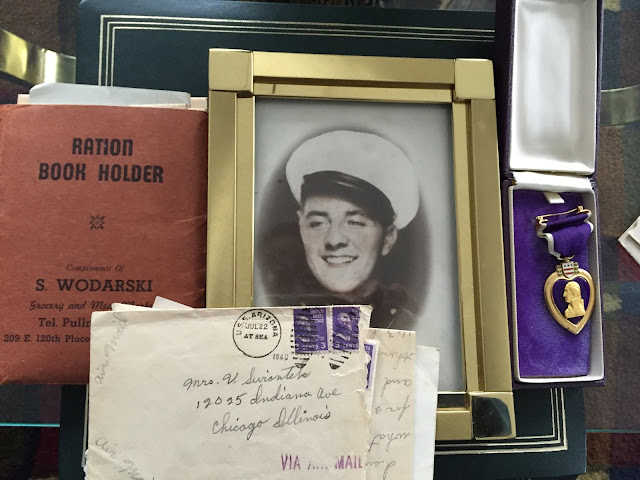John Glenn passed away Thursday. The astronaut and senator was a true American hero. I had the honor of interviewing him once, and it says something about his regular guy demeanor—he was an Ohioan, after all—that he agreed to speak with me about an obscure episode in his life related to hats and John F. Kennedy. The story appears in a truly odd book, my history of the decline of men's headwear as told through the life of Kennedy, "Hatless Jack."
The hatters lobbied Kennedy, but they were too sophisticated to try to physically slap a hat on the president's head. Not all his guests were that savvy. The most routine White House ceremonies were a cause of concern for Kennedy.
"Kennedy had a horror of hats," Sidey wrote. "He had an even greater horror of being forced to don the unorthodox headdresses of visiting delegations."
Kennedy's military aide, Major general Chester Clifton, recalled a worried Kennedy taking him aside and seeking reassurance before the visit of a group of Native Americans in the Rose Garden.
"They're not going to give me a bunch of feathers to wear, are they?" Kennedy asked.
Whether Kennedy wore a proffered hat or not was definitely a function of who was making the attempt. While Kennedy did not want to be crowned by just anybody, if the situation was right, he would permit it to happen. The president had enormous respect for Colonel John Glenn, the first American astronaut to orbit the earth. Kennedy had been worried about the flight, going so far as to invite Glenn to the White House beforehand to talk about safety. When Friendship 7 later made its three and a half revolutions around the earth, there was indeed great concern that the heat shield had come loose, which would have doomed Glenn to a fiery death upon reentry.
 But the shield held. Glenn survived his flight—for which he received an extra $245 in flight pay—to become the greatest American aviation hero since Charles Lindbergh. A relieved Kennedy hurried to Florida to congratulate Glenn in person and pin the Distinguished Service medal on him.
But the shield held. Glenn survived his flight—for which he received an extra $245 in flight pay—to become the greatest American aviation hero since Charles Lindbergh. A relieved Kennedy hurried to Florida to congratulate Glenn in person and pin the Distinguished Service medal on him.Kennedy, Glenn, the astronaut's family, and various NASA officials then toured the space facility, in a hectic scene, a "crush of reporters, photographers, Secret Service men, spectators and employees."
There was a small presentation at Launch Pad 14. Glenn produced a green hard hat that the base manager had given him. It was like those worn by the launch crew, except emblazoned "J.F. Kennedy, President, U.S.A." and "John Glenn, First Manned Orbital Flight, 2-20-62" (conveniently forgetting Soviet astronaut Yuri Gagarin, the first man—albeit a Russian—to orbit the earth) along with a painting of a globe surrounded by three orbits. He presented it to Kennedy.
"This will make him an honorary member of the launch crew," said Glenn. Kennedy put the helmet on and then removed it. "Glad to have you aboard, sir," Glenn said.
The most interesting aspect of this particular encounter is that it reminds us of the power of image to corrupt impressions of history. Even though Kennedy undoubtedly wore the helmet—there are photographs of him wearing it—by the time the episode reached one memoir, it had been massaged so as to fit Kennedy's reputation.
"There was a bit of byplay as Glenn, knowing JFK's aversion to funny hats, tried and failed, as so many had failed before him, to put a hard hat on his head," wrote William Manchester in a book about his years with Kennedy.
Glenn, incidentally, denies knowing about Kennedy's dislike of hats or trying to put one on him mischievously. "I wasn't aware of his aversion to hats or anything," he said. "I didn't know anything of it. I just put it on, thinking it was okay."
Glenn said it was spontaneous act of his part.
"We were out showing him the launch pad and on the pad out there normally everyone is required to wear a hard hat," Glenn said. So when we got out there, standing there, I just put it on him ... He wore it for a little while. he didn't take it off immediately."









